Spring is almost here, and for those of us in the North, it’s time to be thinking about ordering seeds and starting plants.
But which seeds to order? How do you make sure you aren’t putting genetically modified (GMO) vegetables in your garden?
A lot of people have concerns about GMO foods, and want to make sure that they are not growing GMO’s in their garden or feeding them to their kids. However, there is a lot of hysteria and misinformation floating around out there, making it hard to figure out where to shop or what is safe to buy. Here is an explanation of the differences between Heirloom, Hybrid, and Genetically Modified (GMO) seed.
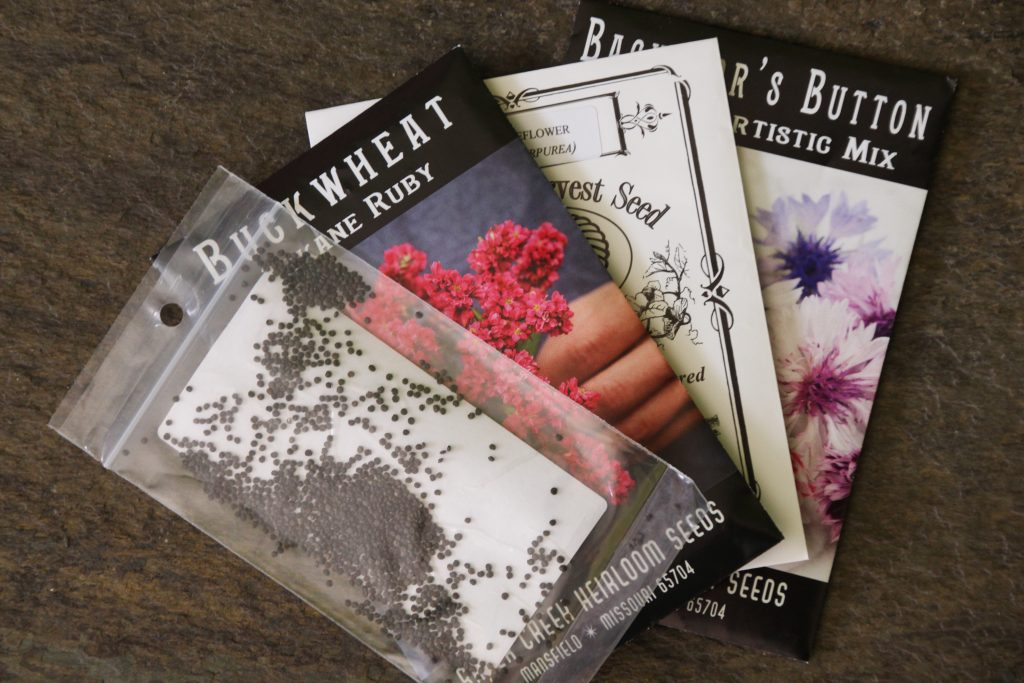
Genetically Modified Organisms
First, it is important to remember that Genetically Modified Organism (or GMO) seeds are not really available to the general public. The majority of GMO seeds out there are grains, such as canola and corn, or other commercial plants, like cotton and alfalfa.
GMO’s are created in a laboratory, often using genes from completely different species that would never be able to breed in nature. They are usually created to be disease resistant, or, more commonly, resistant to specific herbicides, such as Roundup Ready canola, which will survive being sprayed with glysophate, allowing farmers to use Roundup to control weeds in their canola fields.
Farmers have to sign an agreement not to save their seeds, since the GMO producing seed companies hold patents to the seeds, and require royalties from anyone planting those seeds. While The Non-GMO Project lists corn, papaya, summer squash, and potatoes as having widely available GMO options, it is unlikely you would come across GMO garden seeds for a backyard garden or orchard. If you are curious about what plants have GMO varieties, the ISAAA’s GM Approval Database has a searchable list that is quite interesting.
The biggest threat to the home gardener would be if your crop was cross-pollenated by a GMO crop. Given that most home gardeners are not growing canola, soybeans, or cotton, it is not an issue for most people. However, if you live in a rural location, and are growing summer squash next to a field of commercial summer squash, it might be worth speaking to the farmer about what variety he or she has planted, or simply don’t save your summer squash seeds that year.
There are other issues with GMO seeds, such as herbicide use and resistance, concerns with untested genetics getting into wild populations through cross-pollenation, and moral issues with large international companies holding patents to the seeds that provide our food. However, you don’t really need to worry about finding them in your garden.
Hybrid Seeds
Hybrid seeds are sometimes confused with GMO’s, but they are completely different. Hybrids not created in a lab using biotechnology; rather, they are created by crossing two different plant cultivars (types) of the same species – so, for instance, a hybrid squash seed is created when one type of squash plant is intentionally pollenated using another type of squash plant. These crosses could occur naturally in people’s gardens, but seed companies create the crosses under carefully controlled conditions, so that the person who plants and grows the seeds gets a consistent and predictable end product.
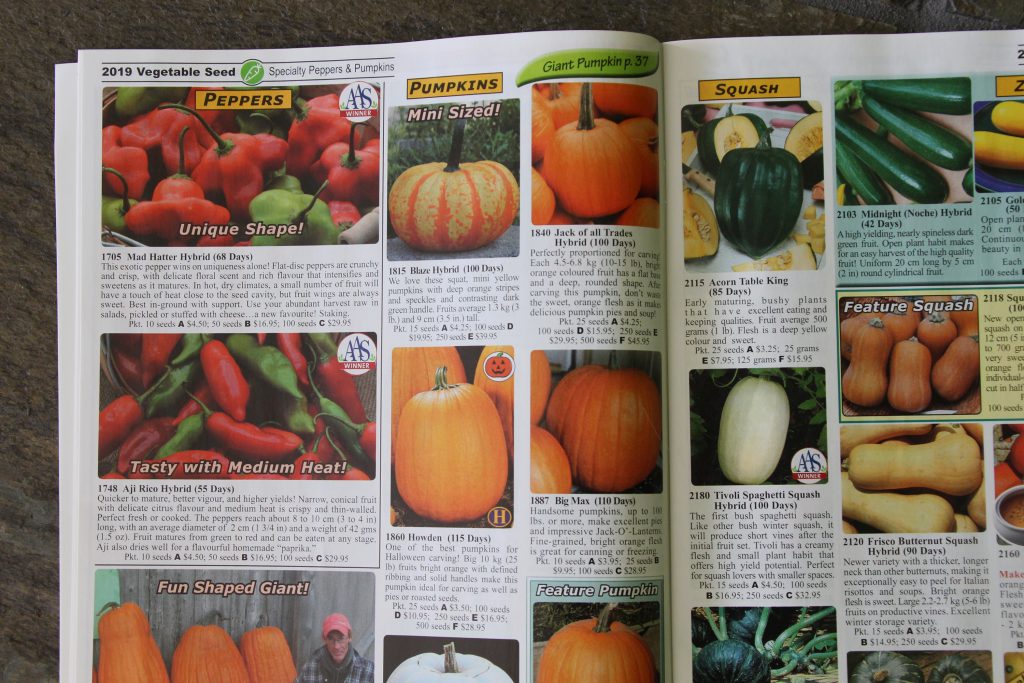
Hybrid seeds often have better disease resistance or better yield; some hybrids are bred for better flavor, as well. Hybrids are widely available in seed catalogs, and many gardeners grow them. Seed companies usually mark which seeds are hybrids.
The one significant drawback to hybrids is that they do not come true from seed. This means that if you save seeds from a hybrid plant, then plant them the following year, the plants you get will most likely resemble one of the original hybrid’s parents, rather than resembling the hybrid plant you saved your seed from.
A totally fictional example would be something like a purple squash that was created by breeding a red squash plant with a blue squash plant (silly fictional example, remember). If you saved seeds from your purple squash and planted them, you might get red squash plants or blue squash plants, but you would not be able to count on getting purple squash plants.
Hybrids are nothing to be afraid of, and are often a good choice for a gardener looking for specific traits such as high yield or drought tolerance. Unfortunately, because of the confusion over GMO’s, hybrids sometimes get a bad rap, which they really don’t deserve.
Heirloom Seeds
Heirloom seeds are seeds from stable cultivars. This means that the flower or vegetable sub-type was created through traditional breeding, by crossing various plants of the same species, then selecting specific plants that have the traits the gardener was looking for, and saving seeds from those for several generations, until the offspring plants have the same traits as the parent plants. Heirloom varieties are perfect for saving seeds from, since the parent plants are the same as each other, so plants you grow from saved seeds will have predictable traits.
Back to our fictional purple squash, an heirloom variety of purple squash might have started out by crossing blue squash with red squash, but over several generations, the farmer re-planted saved seed, and selected for purple squashes. This means the farmer only saved seeds from purple squashes, and any squash plants that reverted to the red or blue types of the original parents would be eliminated, and none of their seeds would be kept in the gene pool. Eventually, the saved seeds would only produce purple squash, and if you saved seeds from purple squash one year, and planted them the next year, you would end up with purple squash in the second generation (and third generation, and so on).
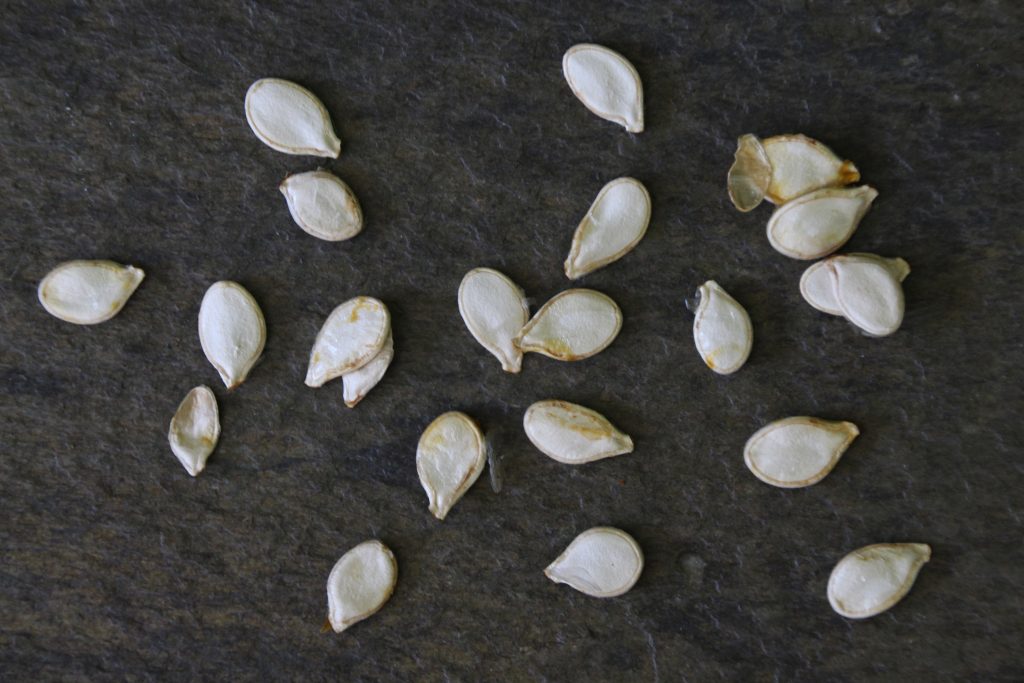
Which Is Best For Me?
Most homesteaders and gardeners who save their own seeds prefer heirloom varieties, because of the predictability of the offspring. Sometimes, heirloom varieties are hardier, or tolerate poor conditions better than hybrid plants, though some heirloom varieties are less productive than hybrids.
Ultimately, the choice between hybrid and heirloom seeds comes down to your own goals. Do you want a plant that will give you the most possible produce in the smallest space? A hybrid might be perfect for you. Do you want to save seeds from your garden and get away from having to buy new seed every year? An heirloom variety is probably your best bet. You are unlikely to end up with GMO seeds in your garden, so even if you are trying to avoid GMO foods, luckily, you won’t have to work very hard or worry about where you are getting your seeds from.
If you have moral concerns with supporting any company that produces or sells GMO seeds, look for the Safe Seed Pledge. Many smaller seed producers have pledged not to plant or sell GMO seeds, and have signed the Pledge. The Safe Seed Pledge reads as follows:
“Agriculture and seeds provide the basis upon which our lives depend. We must protect this foundation as a safe and genetically stable source for future generations. For the benefit of all farmers, gardeners and consumers who want an alternative, we pledge that we do not knowingly buy or sell genetically engineered seeds or plants. The mechanical transfer of genetic material outside of natural reproductive methods and between genera, families or kingdoms poses great biological risks, as well as economic, political and cultural threats. We feel that genetically engineered varieties have been insufficiently tested prior to public release. More research and testing is necessary to further assess the potential risks of genetically engineered seeds. Further, we wish to support agricultural progress that leads to healthier soils, genetically diverse agricultural ecosystems and ultimately healthy people and communities.”
You can find a list of seed companies that have signed the Safe Seed Pledge here.
Remember, though, that just because a company sells hybrid seeds, or may not have signed the Safe Seed Pledge, doesn’t automatically mean they are selling you GMO seeds or supporting companies who do. Contact them and see what they say!
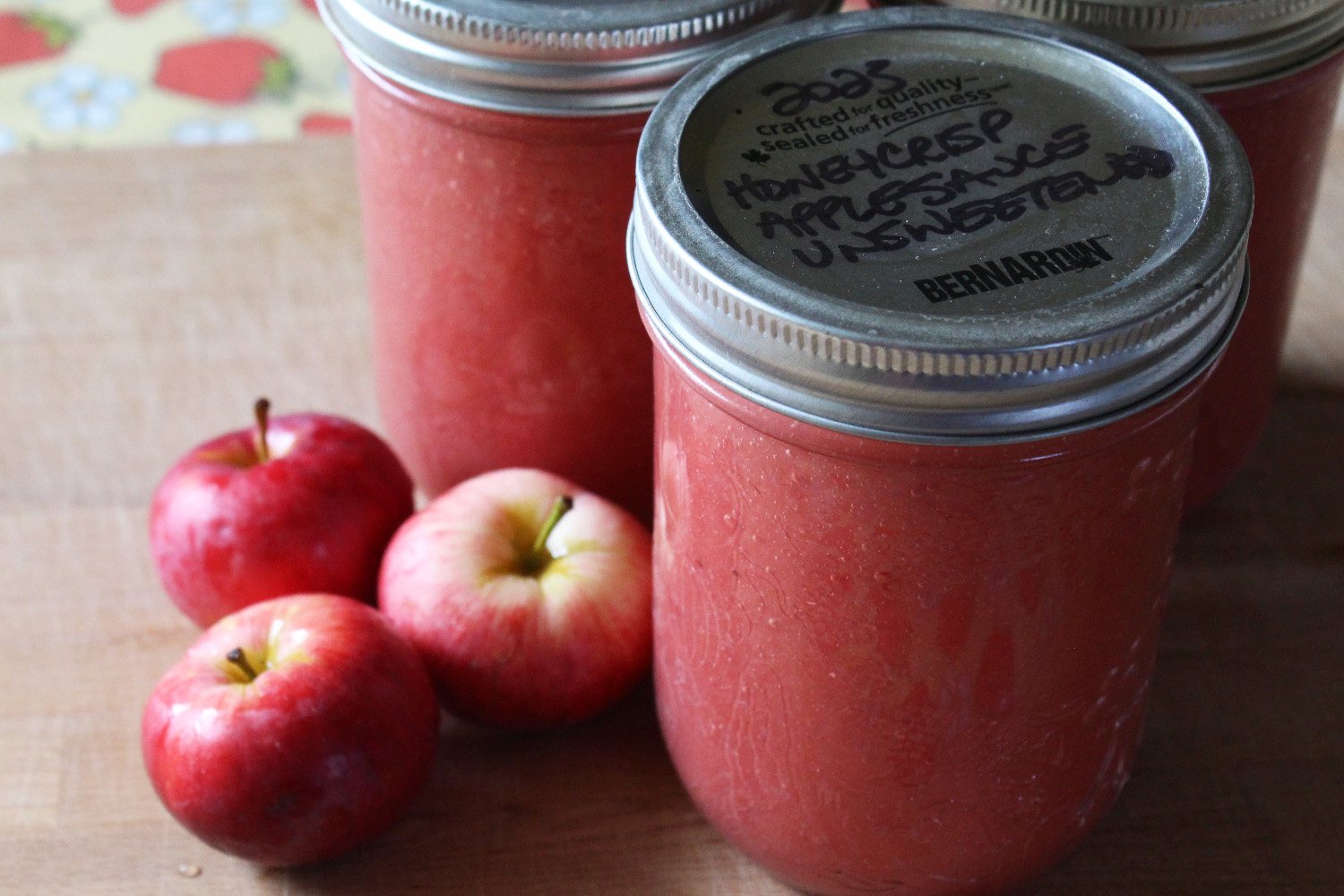
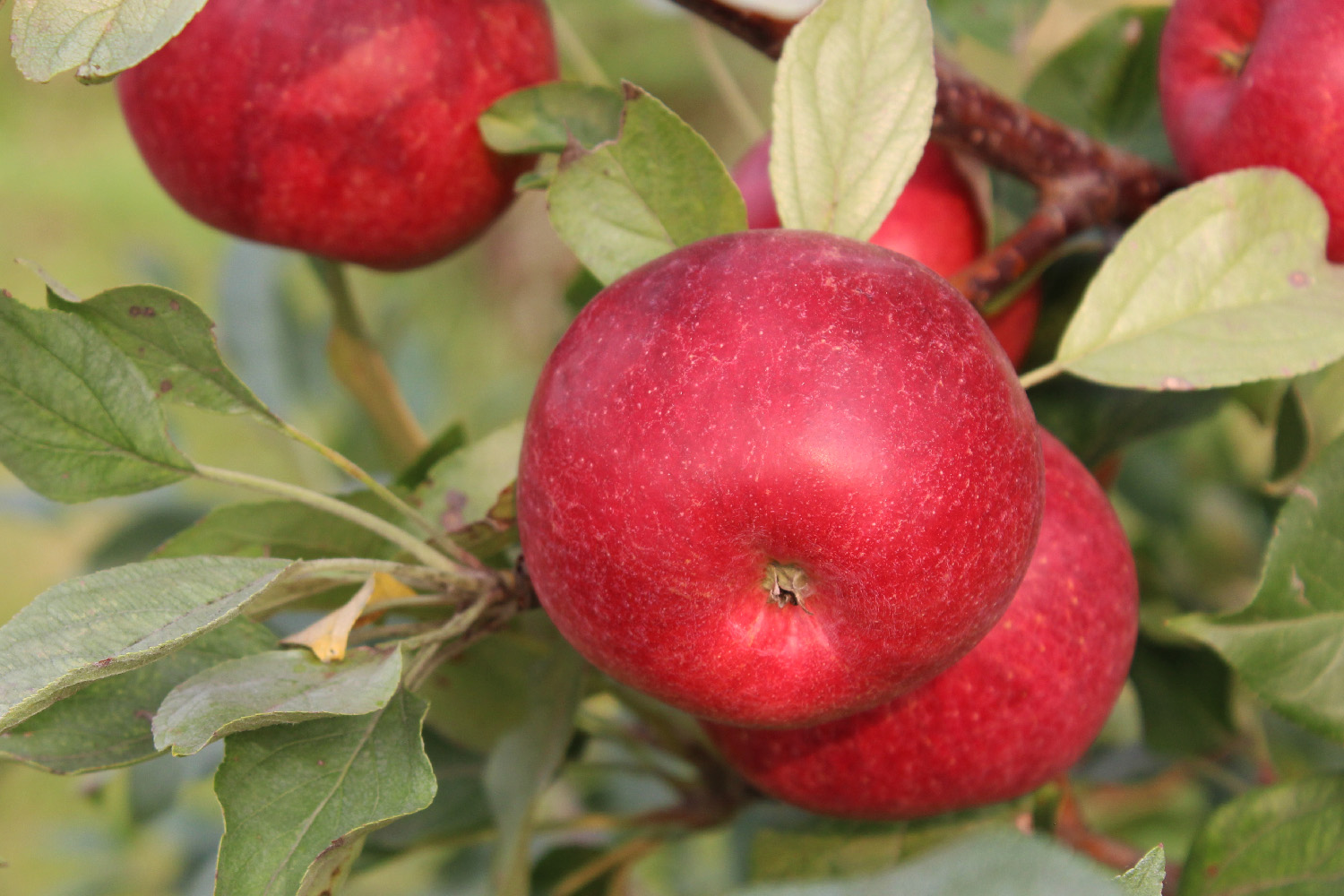
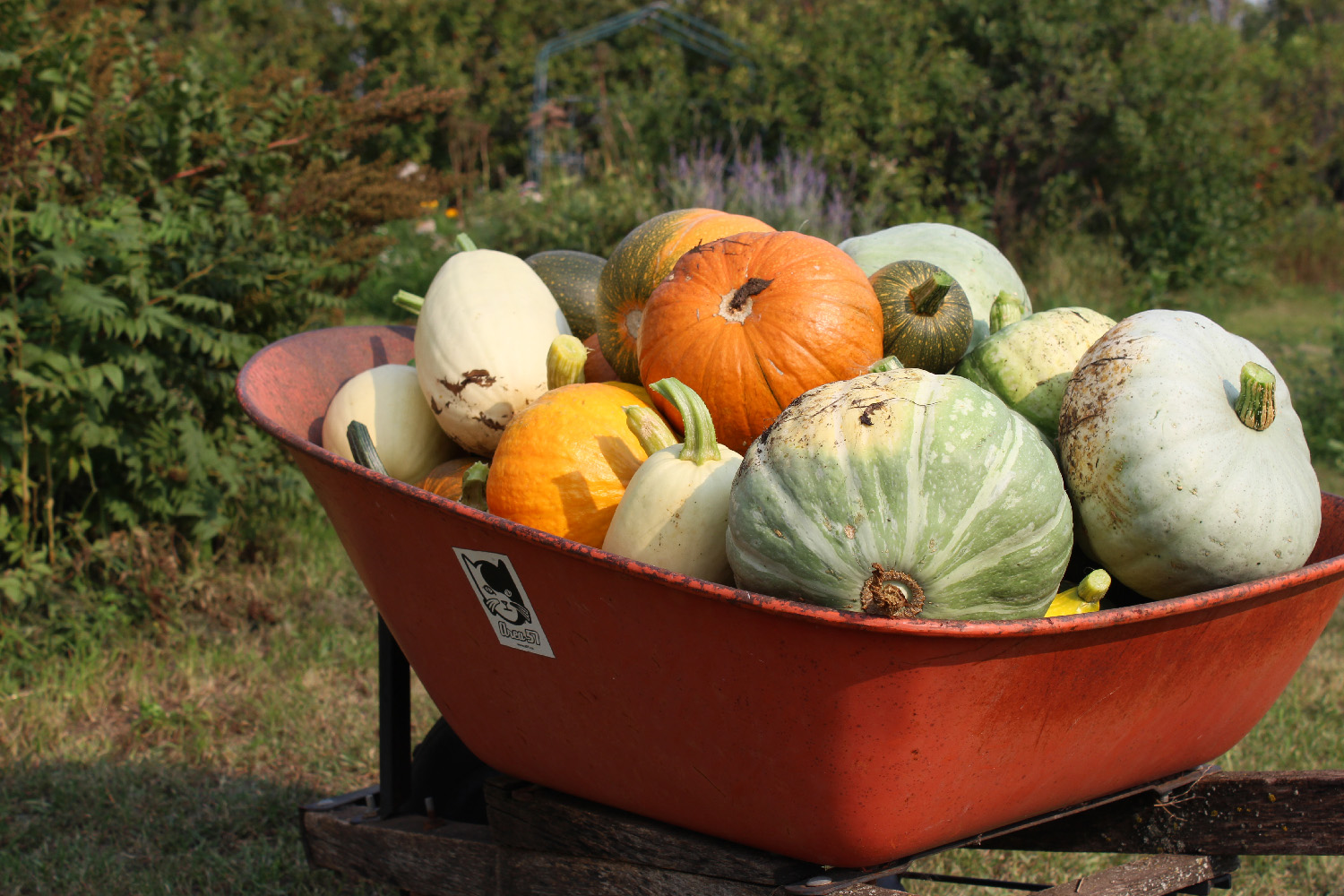

1 Comment
Saving Winter Squash Seeds – Rural Dreams
[…] Hybrid, Heirloom, and GMO Seeds […]